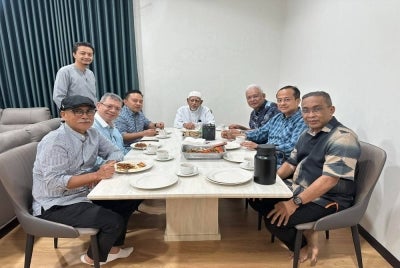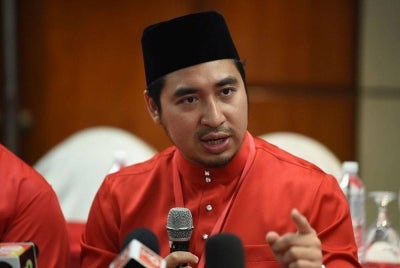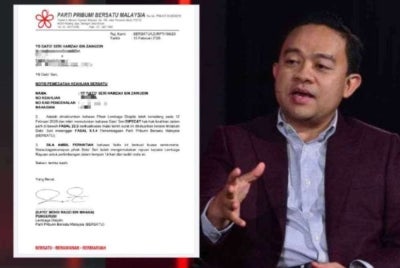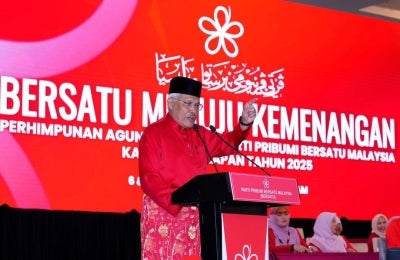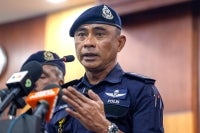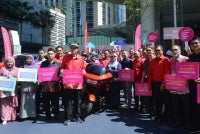New information obtained on REE case, MACC defers summoning Sanusi

KUALA LUMPUR - The Malaysian Anti-Corruption Commission (MACC) has obtained new information related to the rare earth elements (REE) theft issue in Kedah.
MACC chief commissioner Tan Sri Azam Baki said based on the new leads received, further investigations were underway.
He said the anti-graft agency will examine and investigate the latest information to support the ongoing inquiry.
Some have questioned why the MACC has yet to summon caretaker Kedah Menteri Besar Datuk Seri Muhammad Sanusi Md Nor, regarding the REE issue.
"At the moment, MACC is postponing the action of summoning Sanusi to provide a statement due to the new information obtained.
"We will thoroughly review and scrutinise this new information before proceeding with any further actions," he said during a press conference today.
He said this after officiating the closing parade of the MACC Officer Basic Training (Superintendent P41) Series 27 at the Kuala Lumpur City Hall Enforcement Department's parade ground, here.
Meanwhile, when asked about reports received by MACC during the state elections campaigns, Azam said the commission received 11 reports related to corruption.
He said two reports were received at the MACC headquarters in Putrajaya, while the rest were from other states.
The information received from the reports, he said was currently being processed for investigation purposes.
"MACC will carefully review all information and reports received before deciding whether further investigations are necessary or otherwise," he said.
He added that every candidate contesting must ensure that there was no giving of money or gifts to groups of voters to support them.
He emphasised that candidates with a high level of education and knowledge should understand Section 10 of the Election Offences Act 1954, which prohibits such actions.
"It's a common offence that often occurs during elections.
"They should understand it because it's stipulated under the act and it has been in place since 1954," he said.
Download Sinar Daily application.Click Here!

